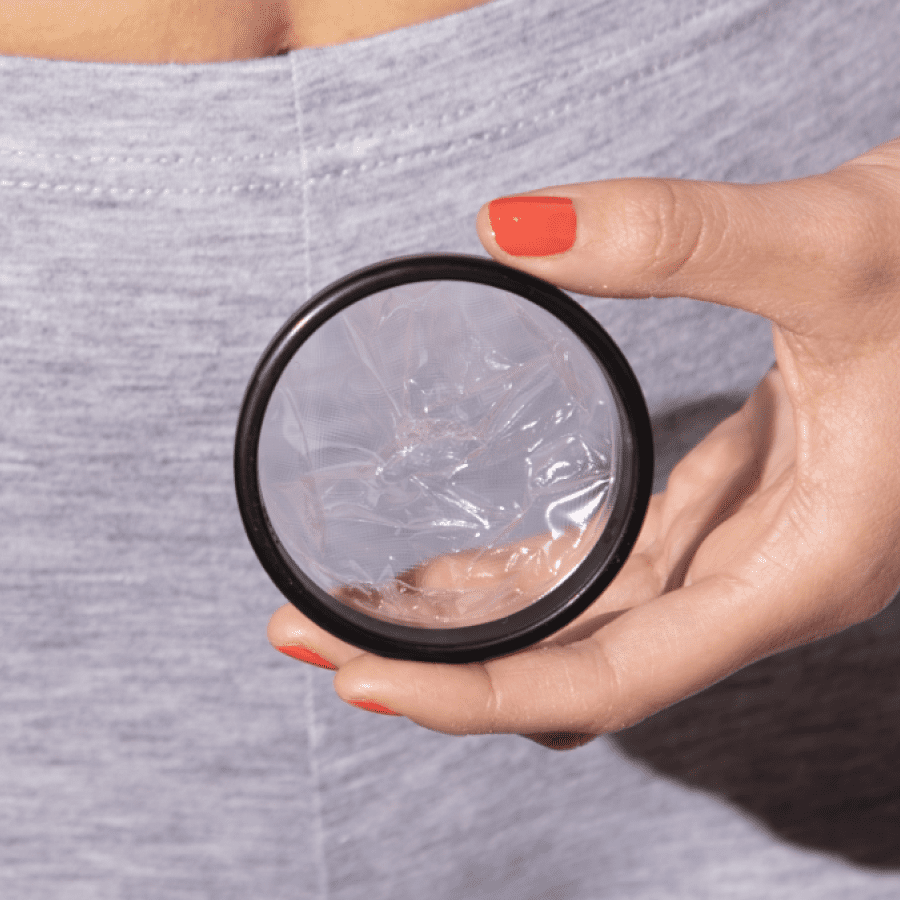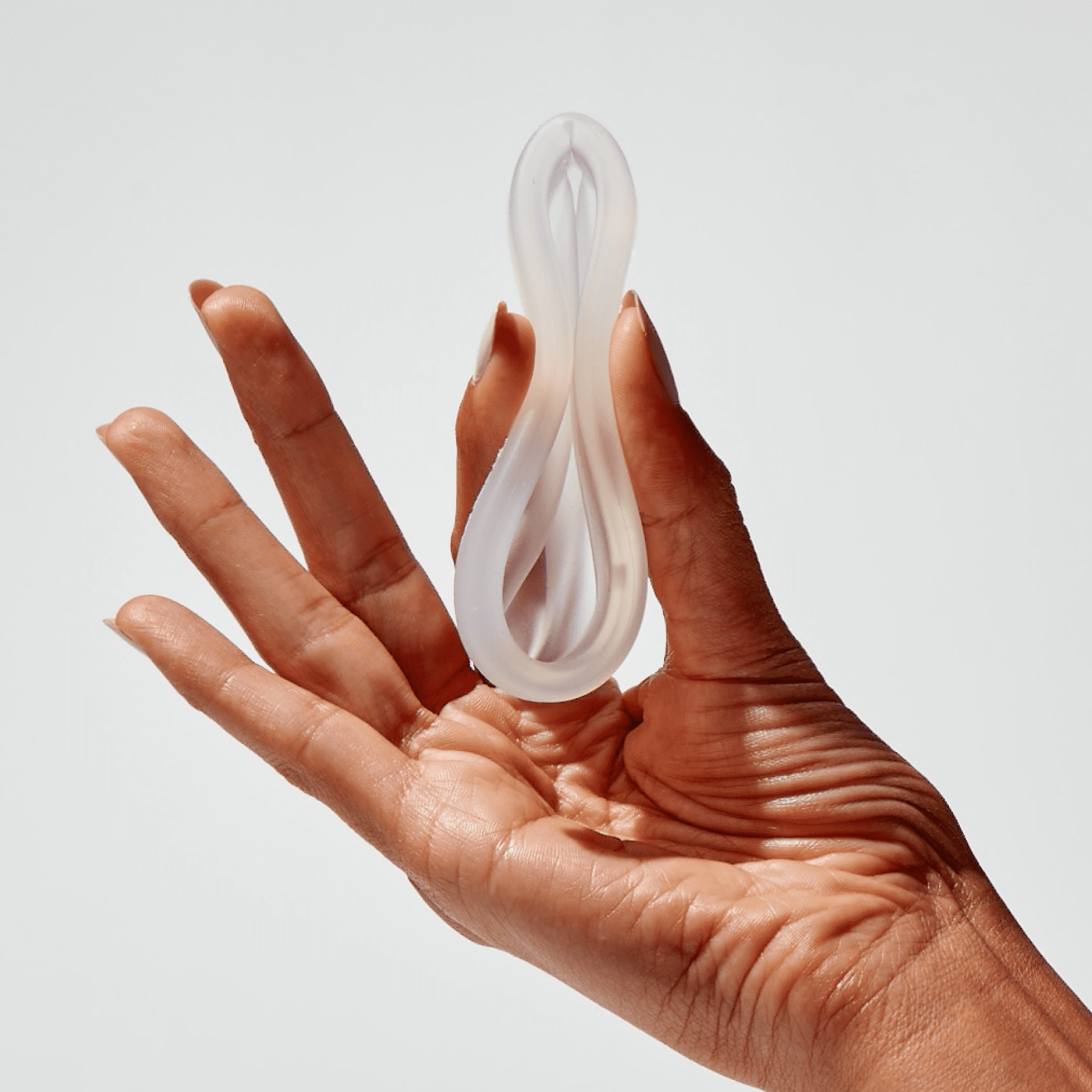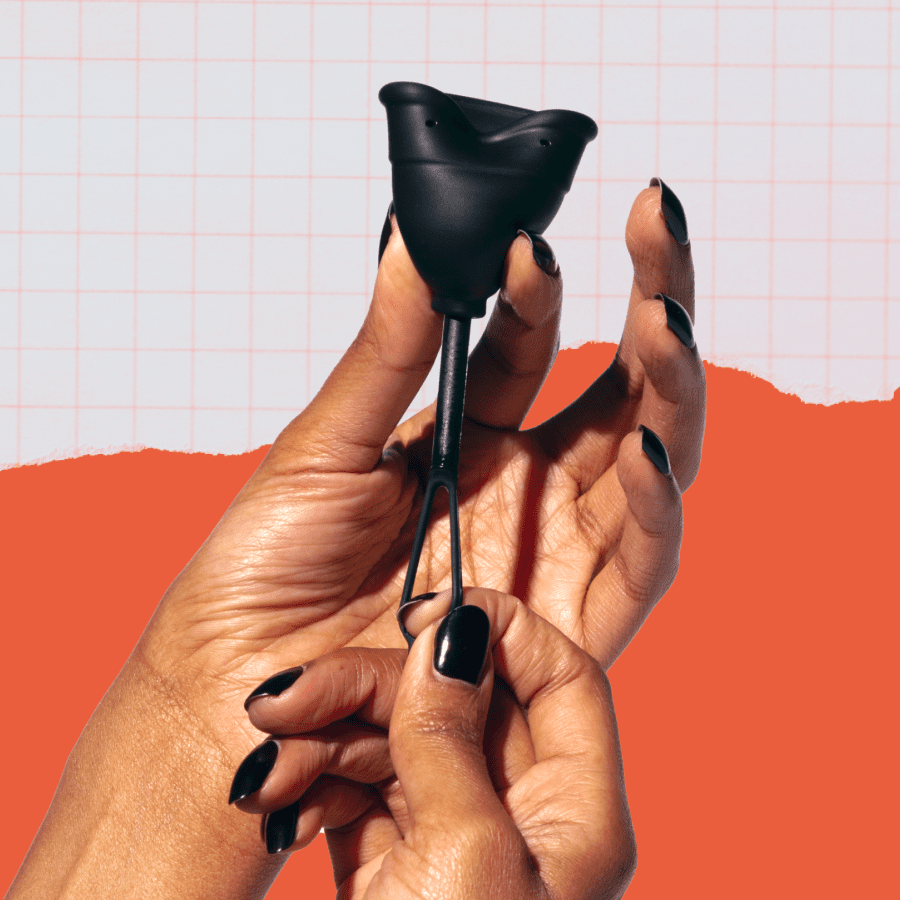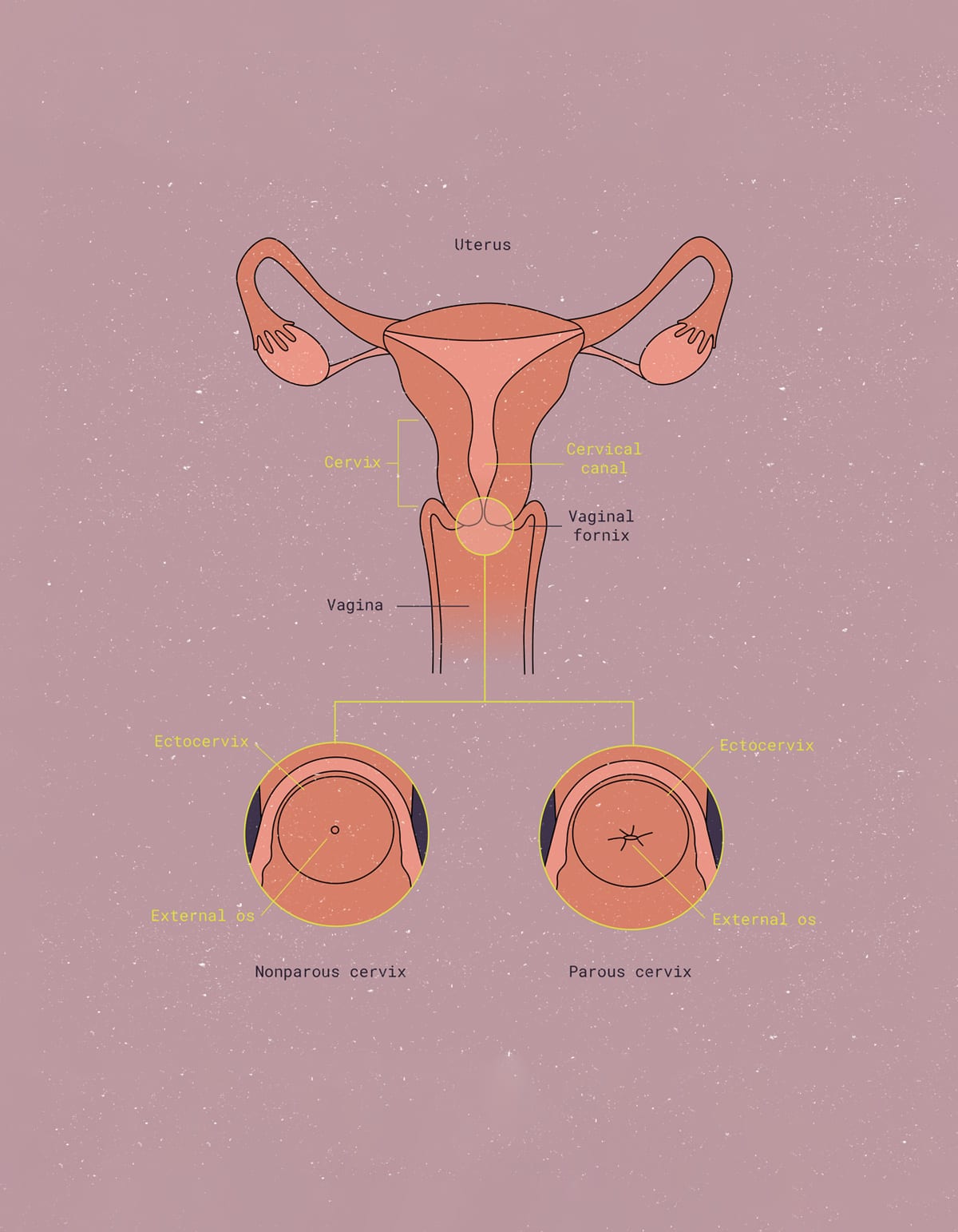Urinary Tract Infections: 9 ways to stay ahead of UTIs
Urinary tract infections (UTIs) are one of the greatest literal and figurative pains in this world. If you’ve ever had a UTI, then you know how painful they can be. Not to mention inconvenient.
The first symptoms of a urinary tract infection are usually followed by the hassle of a trip to the doctor, then the pharmacist for a course of antibiotics. And that’s just the beginning. Since antibiotics increase your risk of yeast infections, there’s a good chance you’ll be back in front of your doctor and pharmacist soon after the urinary tract infection clears up to handle the yeast infection.
UTIs are the second most common infection in the United States, second only to the common cold, and 50% of all women will get a urinary tract infection at some point in their life.
What causes urinary tract infections?
UTIs are caused by bacteria entering the urinary tract. About 90% of the time, the culprit is E. coli which gets pushed from the skin around your anal area into your urinary tract.
The urinary tract consists of four components: the kidneys, ureters, bladder, and urethra. Ureters are tubes that connect the kidneys to the bladder. The urethra is the tube that carries urine out of the body from the bladder.
When bacteria attach to your urinary tract, a UTI sets in. The infections are painful and can escalate quickly, traveling to the kidneys if untreated. If you have a urinary tract infection, you need to visit your doctor or ob-gyn and get an antibiotic prescription to clear up the infection.
A UTI that goes untreated can lead to a kidney infection, with symptoms like fever, mid-back pain on one or both sides, fatigue, headache, and body aches.


Kidney infections are dangerous and must be treated right away: If you’ve had a stubborn UTI and suspect it’s escalated to a kidney infection, contact your healthcare provider and get yourself to the Emergency Room, stat.
A note for pregnant folks: UTIs are more common during pregnancy – and when you’re carrying a baby, it’s especially important that you seek treatment ASAP. Some bladder pain during pregnancy is normal, but if the pain becomes severe or if you develop any of the other typical symptoms of a UTI, talk to your healthcare provider right away.
UTI Risk Factors
Some people may be more prone to getting urinary tract infections. People AFABAFAB stands for “assigned female at birth.” are especially prone to UTIs due to their shorter urethras, which provide easier access for bacteria to enter the urinary system.
Other factors that can increase the risk of UTIs:
- Previous UTIs
- Sexual intercourse
- Changes in the vaginal microbiota, or vaginal flora, are either due to menopause or due to the use of spermicides.
- Being pregnant
- Age (older adults and young children are more likely to get UTIs)
- Issues with the shape and structure of the urinary tract, i.e., enlarged prostate in men.
- Blockages in their urinary tract, such as the ones resulting from a kidney stone.
- Inadequate hygiene habits, such as in toddlers who are learning to use the restroom.
What are the symptoms of a urinary tract infection?
Symptoms of urinary tract infection (UTI) include frequent urination, a strong urge to urinate, burning sensation during urination, cloudy or bloody urine, and pelvic pain. It is important to seek medical attention if you experience these symptoms to prevent complications.
How long does a UTI last?
The duration of a urinary tract infection (UTI) can vary from person to person. In general, a UTI can last anywhere from a few days to a couple of weeks if left untreated. However, with proper treatment, UTI symptoms usually start improving within a day or two.
It’s important to note that if you suspect you have a urinary tract infection, you should seek medical attention and start treatment as soon as possible. Ignoring signs of infection or delaying treatment can lead to complications, such as kidney infections, which can be more serious and require more extensive treatment.
Will a UTI go away on its own?
While some mild cases of urinary tract infections (UTIs) may resolve on their own, it is generally recommended that patients seek medical attention and start treatment as soon as possible. UTIs are caused by bacteria that enter the urinary system, and without proper treatment, the infection can persist and potentially worsen.
Promptly addressing a UTI with antibiotics prescribed by your doctor is crucial. Antibiotics are necessary to clear the infection and prevent it from spreading. Drinking water or cranberry juice alone is not enough to treat a urinary tract infection effectively.
Delaying treatment or hoping that the infection will go away on its own can lead to complications and more severe symptoms. Untreated UTIs can progress to kidney infections, which may require hospitalization and intravenous antibiotics.
If you suspect a UTI based on symptoms, like frequent urination, burning sensation, and cloudy urine, seek medical attention promptly. Early treatment improves the chances of a speedy recovery and prevents complications.
When your health care provider visits, they will conduct a urine test (likely a urine culture) to confirm the UTI type of bacteria. Once diagnosed, they will prescribe an antibiotic regimen tailored to your infection. Make sure to complete the full course of antibiotics as prescribed, even if your symptoms improve before finishing the medication.
How to prevent UTIs in the first place?
There are a handful of ways you can help your body boost its natural defenses against UTIs:
1. Stay well hydrated
Urination is your body’s best natural defense against UTIs, and the better hydrated you are, the better your body can fend for itself. Make sure you stay hydrated by drinking plenty of fluids throughout the day. Aim for at least 8 glasses of water daily to help flush out bacteria and keep your urinary tract healthy.
2. Don’t hold it in
We’re not saying to go to the bathroom when you feel the slightest urge to urinate—over time, that weakens your pelvic floor and decreases the size of your bladder. However, holding your urine for too long can lead to bacteria multiplying in the urinary tract. This can cause a bladder infection or UTI.
3. Wipe from front to back
Wiping in the other direction can lead to the spread of bacteria from the anal region into the urinary tract. Good hygiene plays a crucial role in preventing urinary tract infections (UTIs). One simple yet essential step is to always wipe from front to back after using the bathroom
4. Consider cutting out baths
Avoid baths if you’re especially prone to UTIs, and opt for showers instead. Baths can increase the risk of a UTI as sitting in warm water for a prolonged period of time can create a moist environment in which bacteria thrive.
5. Pee right after sex
The urethra is a tube that links the bladder to the urethral opening, through which urine is expelled. This allows bacteria to travel from the urethra to the bladder, leading to a urinary tract infection (UTI). Peeing right after sex helps to flush out any bacteria that might have been introduced during intercourse.
6. Let her breathe
Wet bathing suits, tight pants, and sweaty gym clothes trap moisture, which can become a breeding ground for bad bacteria. If you are prone to UTIs, change right after your workout or beach day. If you can’t resist a good pair of tight jeans—slip into cotton underwear (or commando) as soon as you get home.
7. Ditch the douche
As if there aren’t enough reasons to keep douches far away from your vagina, they also kill the good bacteria (lactobacillus) your body needs to combat a UTI. Maintain your natural pH balance instead of squirting harmful antiseptic water up your vagina.
8. Evaluate your birth control options if you’re suffering from repeat UTIs
Diaphragms, unlubricated condoms, or spermicidal jelly for contraception may increase the risk of developing a UTI. (PS. Period products, however, have not been associated with UTIs!).
9. Consider Supplements
You can find great supplement options on the market to support urinary tract health. Look for those with cranberry extract, D-mannose, or probiotics. These natural remedies promote a healthy bacterial balance in the urinary tract.
Not sure what to do when you feel a UTI coming on and want to prevent it? Give cranberry juice a break and try Uqora. With Uqora, you can flush out UTI-causing bacteria whenever you’re at risk of infection.
How to Prevent a UTI when you feel it coming
It isn’t always as simple as wiping front-to-back and peeing after sex. For some of us, you can be doing everything right and still be getting hit with UTI after UTI.
Here’s a scenario: you and your friend have similar hygiene habits, are having a similar amount of sex, and have similar post-sex and post-workout regimens, yet you get slammed with recurrent UTIs, and she is cruising through life oblivious to your suffering. Sound familiar?
Well, all of our bodies respond differently to bacteria. Research is still limited, but recent studies have illustrated that our bodies have a lock-and-key relationship with bacteria. This means that you could transplant the same bacteria into your friend’s urinary tract, and she’d successfully flush the bacteria out with urination, but you’d be on a hot route to the doctor’s office.


This explains why some of us get hit so hard with urinary tract infections, no matter how much we’re peeing after sex or wiping correctly.
Sometimes, we need extra help to prevent UTIs. With Uqora, you can flush out UTI-causing bacteria, preventing an infection before it begins. Just mix Uqora with water and drink it after sex or exercise, or daily. Want to give it a try? Take 15% off at www.uqora.com with promo code FLEX15
This article is informational only and is not offered as medical advice, nor does it substitute for a consultation with your physician. If you have any gynecological/medical concerns or conditions, please consult your physician.
© 2025 The Flex Company. All Rights Reserved.












